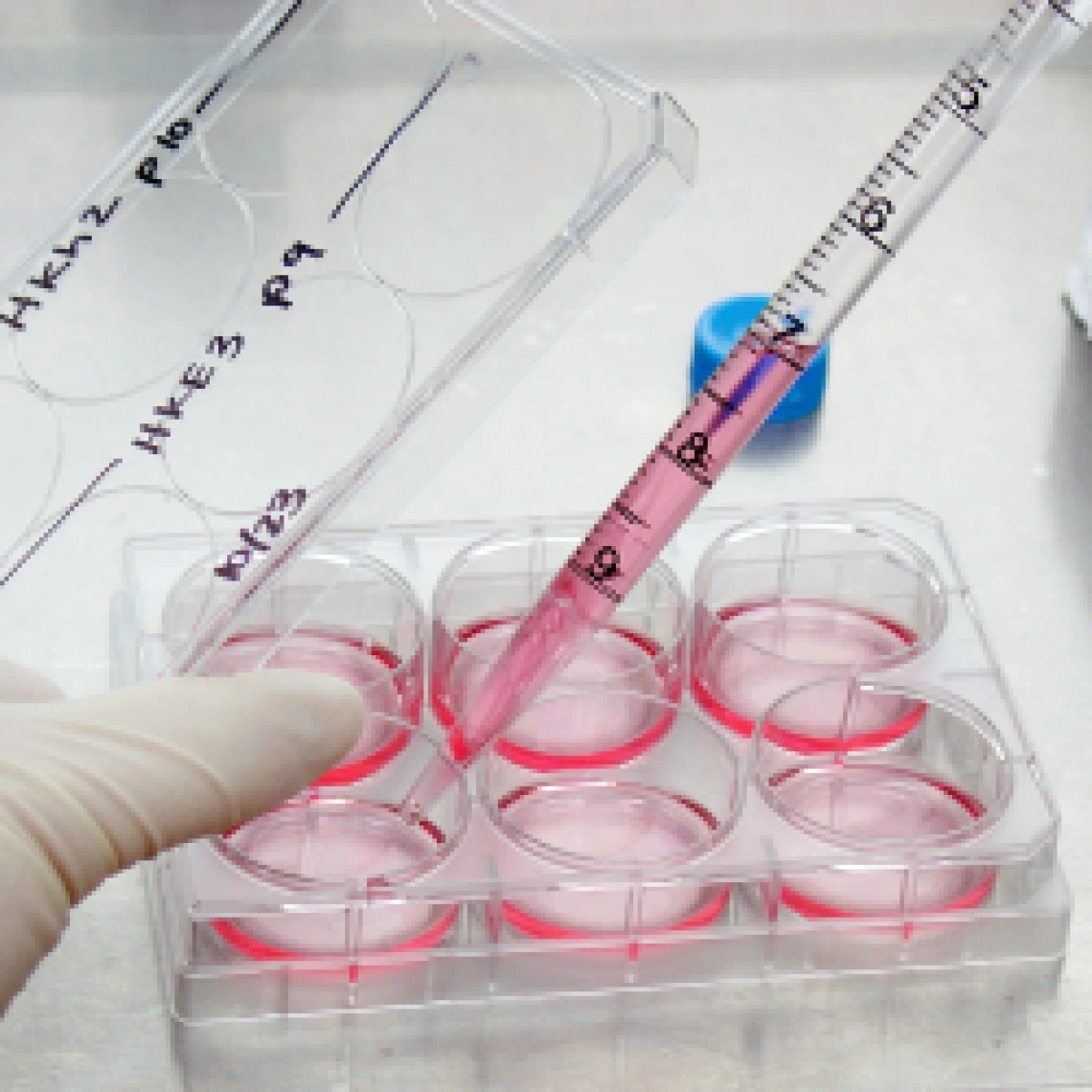UACC researchers awarded funding from American Cancer Society

University of Arizona Cancer Center researchers are working on a variety of cancer projects thanks to funding from the American Cancer Society.
The American Cancer Society Institutional Research Grant program at the UA Cancer Center, led by Andrew S. Kraft, MD, supports the development of new investigators to conduct independent cancer research.
Each year a committee consisting of UA faculty across multiple departments review applications from junior cancer researchers. Three researchers were funded for a total of $90,000 during this latest review session.
The researchers and their projects are:
 Hong-yu Li, PhD, Associate Professor of Pharmacy, Pharmacology & Toxicology, College of Pharmacy, “VEGFR-2 kinase-selectivity optimization of RET kinase inhibitors”
Hong-yu Li, PhD, Associate Professor of Pharmacy, Pharmacology & Toxicology, College of Pharmacy, “VEGFR-2 kinase-selectivity optimization of RET kinase inhibitors”
The proposed work aims to develop a drug that can stop a gene (called RET, RE-arranged during Transfection) that is important in the ability for medullar thyroid cancer (MTC) to grow without affecting other genes. A drug that is targeted to stop RET could improve efficacy and safety as novel therapies for MTC. This is a competitive renewal of the 2013 IRG funding. A new series of potent and selective RET inhibitor vs VEGFR2 was identified and the further optimization of the drug properties in vivo will be conducted.
 Aparna Ranganathan Sertil, PhD, Assistant Professor, Basic Medical Sciences, College of Medicine – Phoenix. “Stress adaptation pathways as regulators of HNSCC plasticity”
Aparna Ranganathan Sertil, PhD, Assistant Professor, Basic Medical Sciences, College of Medicine – Phoenix. “Stress adaptation pathways as regulators of HNSCC plasticity”
This project will investigate the molecular mechanisms by which tumor hypoxia and ER stress signals regulate the reversible tumor initiating phenotype in head and neck squamous cell carcinoma. The goal of the Sertil lab is to understand the functional interplay between hypoxia, ER stress and tumor initiating cells as it could lead to developing more focused therapeutic interventions to eliminate residual disease.
 Justina Dolorita McEvoy, PhD, Assistant Professor, Molecular and Cellular Biology, College of Medicine, “Perturbations in differentiation pathways in Retinoblastoma”
Justina Dolorita McEvoy, PhD, Assistant Professor, Molecular and Cellular Biology, College of Medicine, “Perturbations in differentiation pathways in Retinoblastoma”
Retinoblastoma is a childhood cancer of the retina that is driven by inactivation of the retinoblastoma susceptibility gene (RB1). These tumor cells aberrantly express multiple differentiation programs normally restricted to specific retinal cell types. The goal of this project is to determine the role of Rb1 in regulating these differentiation programs during normal retinal development and retinoblastoma.
- Jan. 12, 2015

